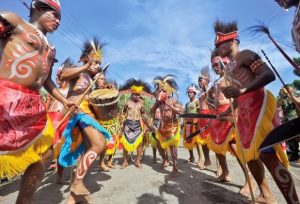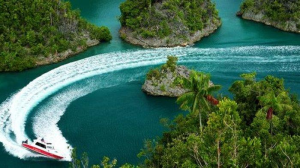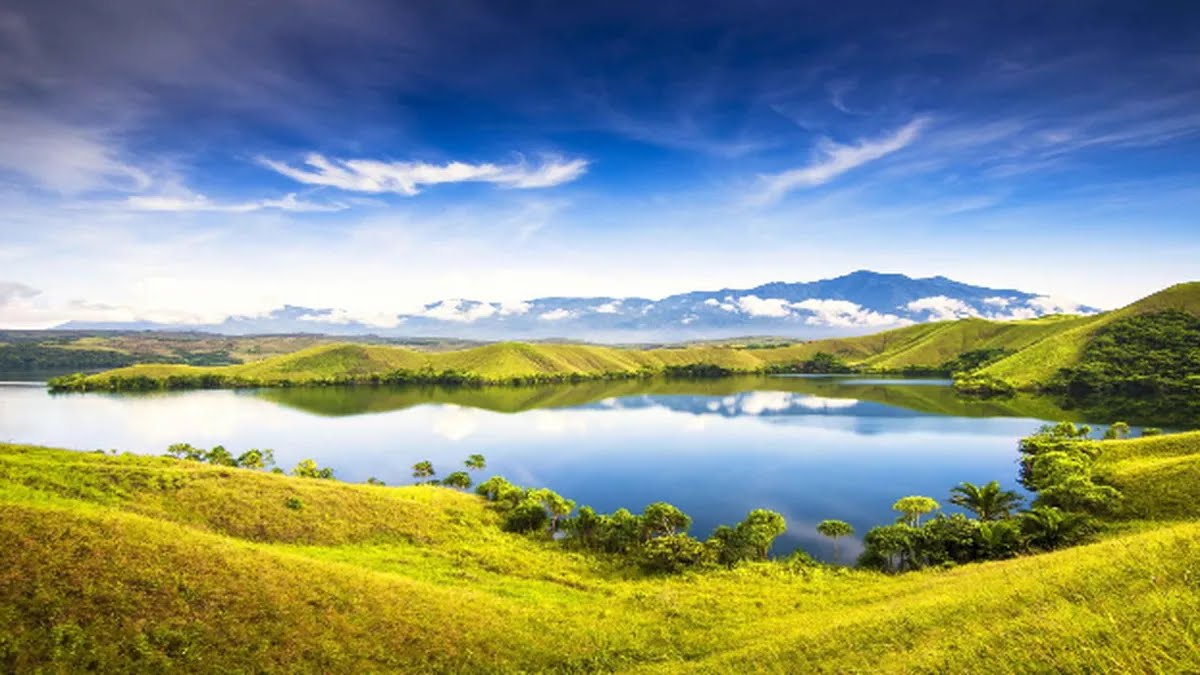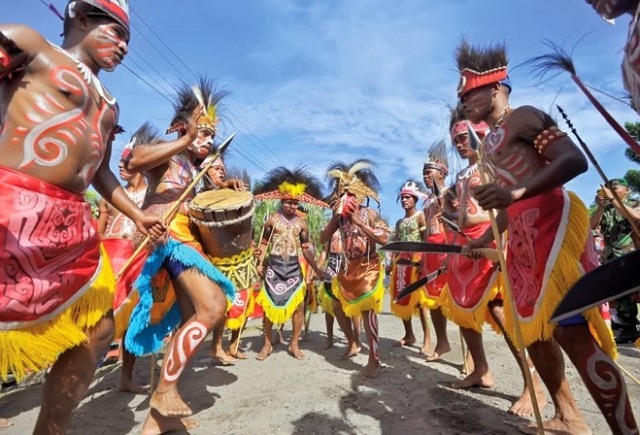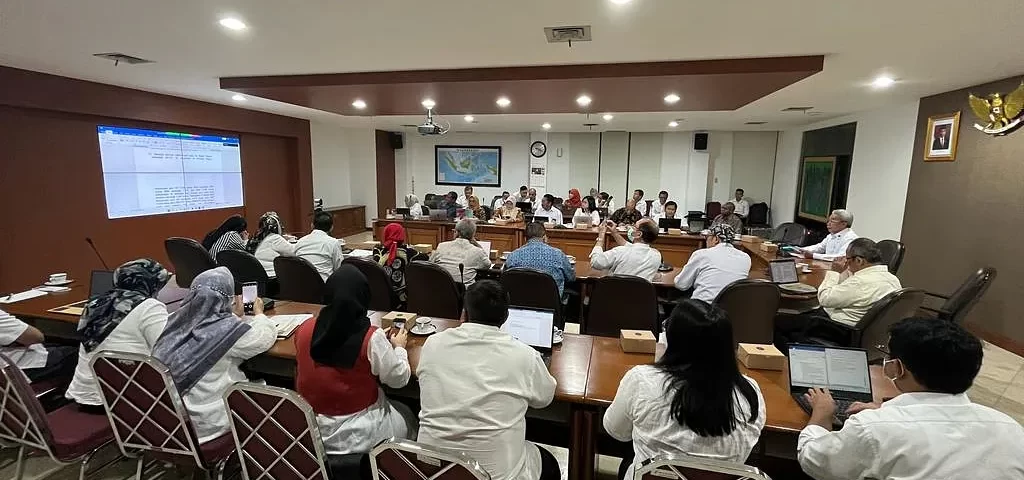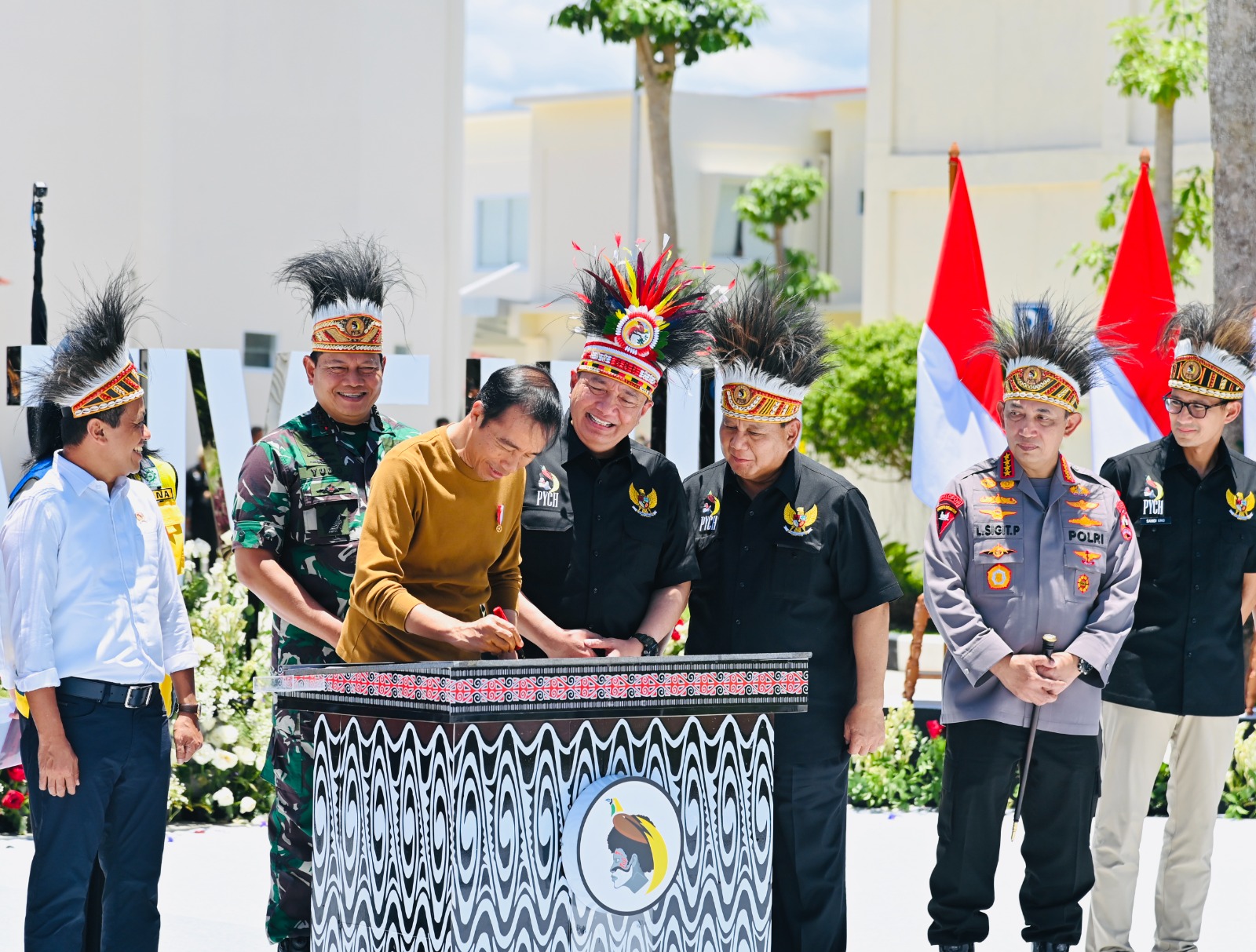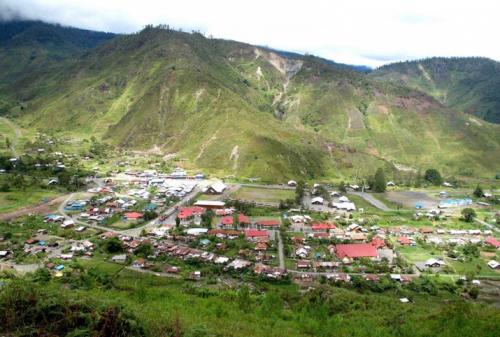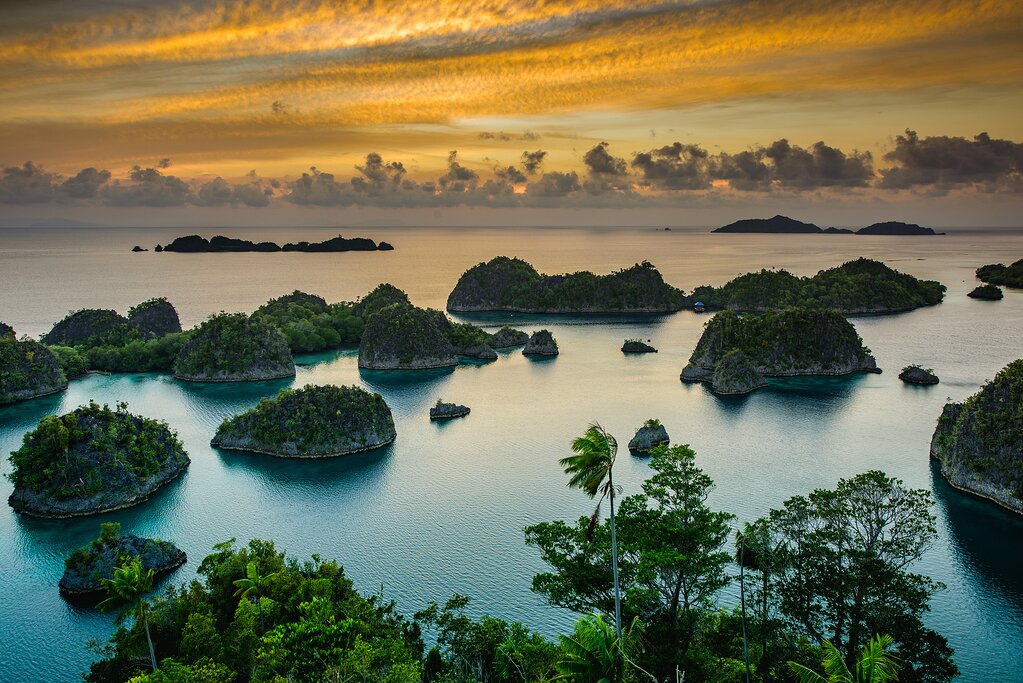
This doctoral study examines the complexities of integrating Indigenous knowledge and practices into sustainable marine ecotourism development, with a focus on the case study of Misool, Raja Ampat in West Papua Province, Indonesia. The research addresses the knowledge into marine ecotourism initiatives. Indigenous knowledge is often neglected as a key source of information, undervalued from the perspective of Western scientific knowledge helps to increase the sustainability of development efforts and contributes to the empowerment of local communities. Literature on marine ecotourism shows an almost total absence of studies that draw from indigenous knowledge, yet, local community participation is underlined as one of the most important factors in sustainable marine ecotourism development. This thesis thus aims to contribute new insights on how Indigenous knowledge can be optimally integrated or applied in marine ecotourism development. Misool is one of the islands in Raja Ampat which attracts scuba divers and marine tourists from around the world, due to its abundance marine life. As tourism development in Misool is still in its early stages, it is an excellent location to explore processes of marine ecotourism development and the integration of indigenous values. This study is qualitative, informed by an awareness of research approaches to Indigenous values. This study is qualitative, informed by an awareness of research approaches to Indigenous issues. The method applied was semi structured in-depth interviews, which complements Indigenous methodology approaches. The fieldwork was conducted in five tourism villages in Misool with 47 participants, consisting of: Indigenous people who worked in tourism and Misool’s Marine Protected Area, marine ecotourism operators, heads of villages, traditional leaders, government officials and NGOs. Both field notes and transcriptions were analyzed using narrative analysis with a thematic approach to explore participants’ viewpoints around the issues. This study has identified nine key themes of Indigenous knowledge and practices the local communities in Misool hold, which are: 1) marine sasi (traditional marine resource management), 2) petuanan adat (customary ownership right of land and/or sea area), 3) baca alam (reading the signs of nature), 4) finding and calling the animals, 5) pamali ikan (fish taboo), 6) respecting sacred sites, 7) weather shamanism, 8) traditional way of sailing and 9) traditional ways of building. It was also found that the local Indigenous knowledge and practices in existing marine ecotourism operators have been incorporating Misoolese Indigenous knowledge and practices in scuba diving and other marine ecotourism activities as well as into the establishment of supporting facilities. The research identified that NGOs and a local government institution have been using marine conservation and development programmes which involve the local communities. Overall, the findings of this study contribute to and also make practical recommendations for understanding the integration of Indigenous knowledge and practices into marine ecotourism development.




